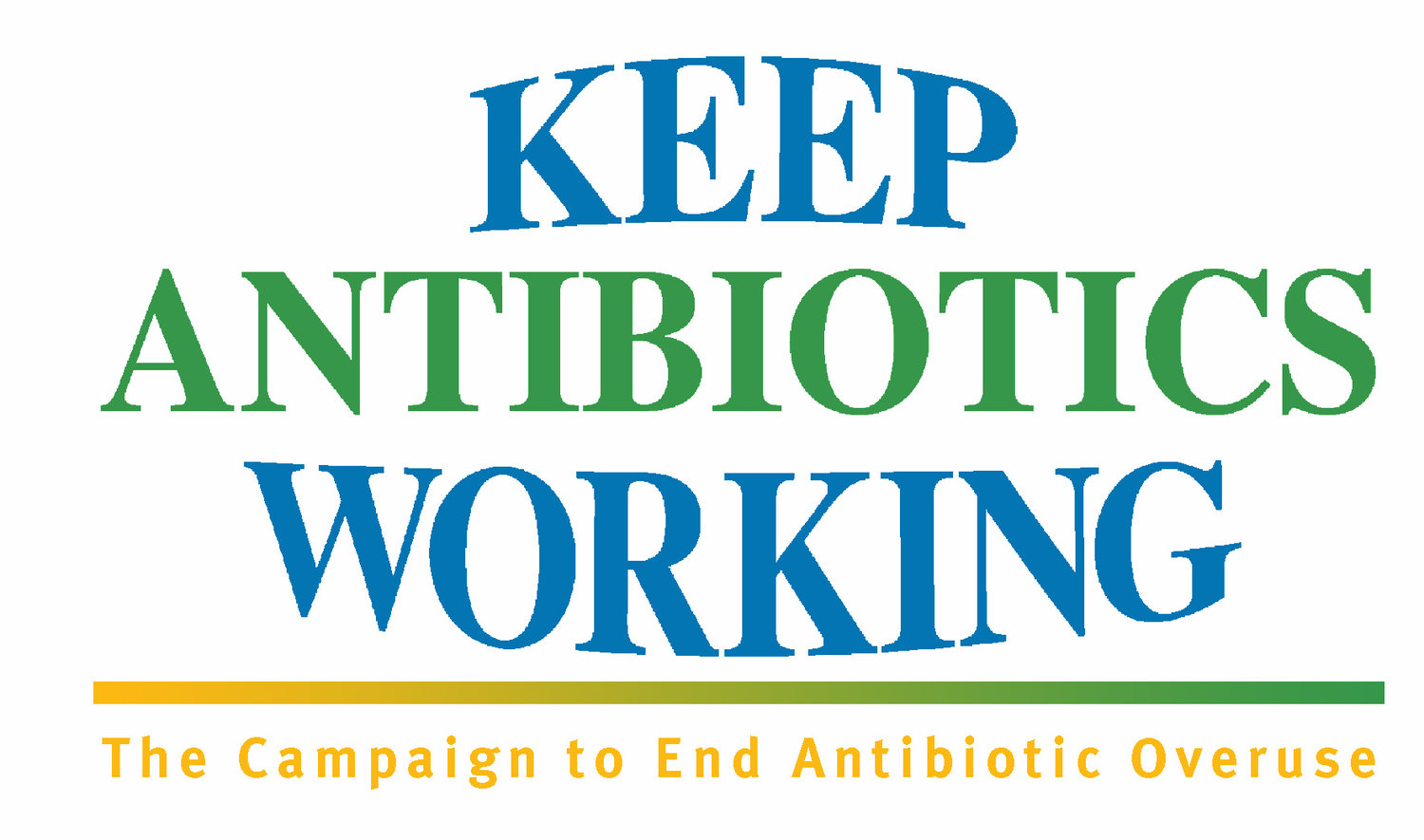The FDA Must Prioritize Public Health Over the Interests of the Animal Drug Industry
STEVE ROACH , SAFE AND HEALTHY FOOD PROGRAM DIRECTOR & MADELEINE KLEVEN, PROGRAM ASSOCIATE, FOOD ANIMAL CONCERNS TRUST
In 2003, the Animal Drug User Fee Act (ADUFA) was signed into law. It authorizes the Food and Drug Administration (FDA) to collect fees from the animal drug industry in exchange for, “expediting the animal drug development process and the review of new and supplemental animal drug applications.” In short, the law directs the FDA to charge fees to the animal drug makers in order to speed up and streamline animal drug approvals and set targets for how quickly the FDA takes to review drugs.
The program gives the drug makers significant power over the FDA because it requires the FDA to negotiate with the animal drug industry every five years on how the collected fees will be used, and the fees make up a large part of the FDA’s budget related to the regulation of animal drugs. The program and negotiation process in the past has resulted in pre-market measures and regulations for the drugs. For example, the fees have been used by the FDA to support the expansion of certain programs, and make conditional approvals aimed at making the drug approval process easier for species such as pigs and dogs.
The law requires the FDA to consult with “representatives of consumer advocacy groups,”(like KAW) on how to best utilize the user fees. However, the wishes of the drug industry consistently outweigh the recommendations of other groups. It does not have to be this way. The FDA, in negotiating fees related to human drugs under the related Prescription Drug User Fee Act (PDUFA), has actually included recommendations of public health advocates as part of its supported outcomes.
Currently, the collected fees are used for processes that occur before the drugs (many of which are antibiotics) go on the market. However, some of the approval fees should be used to ensure that these drugs are safe after they go to market. Post-marketing goals have been part of the outcomes of the negotiations around PDUFA for human drugs. In order to protect public health, stop the spread of antibiotic-resistant superbugs and ensure animal and human safety, there must be post-marketing drug safety measures in place and they should be included in the outcomes of ADUFA supported by the FDA. These measures should include the following:
1. The collection of antibiotic use data on farms.
This would help ensure that approved antibiotics are being safely used on farms and that they are being used appropriately and not to compensate for poor animal welfare practices.
2. The setting of national targets to reduce antibiotic use.
Antibiotic resistance is primarily driven by the overuse of antibiotics in humans and food animals. Most antibiotics globally and in the U.S. are used to raise food animals, not to treat sick people. In order to slow the spread of antibiotic resistant superbugs, which can cause deadly infections in humans, we must reduce the use of antibiotics on farms. Setting national goals for antibiotic use reductions creates accountability for both federal agencies and food industries.
3. Speeding up other FDA actions on antibiotic resistance.
Tackling antibiotic resistance requires a multifaceted approach. FDA’s 5 year plan for addressing antibiotic resistance is moving too slowly, and the FDA is behind on many of their goals, including setting duration limits for medically important antibiotics.
4. Ensuring that animal drugs are marketed ethically and legally according to their labels.
Inappropriate advertising campaigns by drug makers such as Zoetis and Elanco can promote the overuse and misuse of antibiotics. This in turn contributes to antibiotic resistance. Companies are required to send marketing materials to the FDA and the FDA can prohibit inappropriate and illegal marketing campaigns of animal drugs. However, the FDA often fails to do so unless an outside body such as KAW or a drug company makes a complaint. With more resources the FDA could identify problematic marketing materials before they are widely distributed.
The FDA is currently in negotiations with the animal drug industry for the reauthorization of ADUFA in 2023. As required by law, the FDA is also requesting public input on how the fees should be used. With enough pressure from consumers and policy makers, we can get the FDA to include some of these steps in its negotiations with the industry. Strong support for public health protections now also paves the way for Congress to act as it did in 2008 when it required the FDA to begin collecting antibiotic sales data as part of ADUFA reauthorization. Food Animal Concerns Trust (FACT) along with 31 other KAW and colleague organizations have submitted comments to the FDA on our recommendations for ADUFA (as outlined above), and you can too. Currently, FACT has an active action alert that will let you submit comments directly to the FDA docket and make your voice heard. Follow this link to write to the FDA and make sure they prioritize public health over the interests of the animal drug industry when reauthorizing ADUFA.
